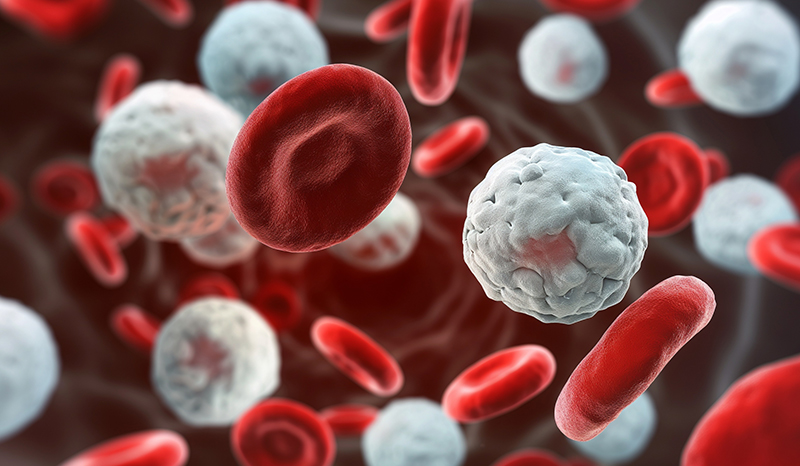2025;
Wang L, Milton M, Fearnley LG, Bhalala OG, Bahlo M, Rafehi H. Identification of expanded and interrupted ATXN2 repeat expansions in Parkinson’s disease and Lewy Body Dementia cohorts. npj Parkinson’s Disease. 2025;11(1):10.1038/s41531-025-01188-5
Sun Z, Han J, Fearnley LG, McGlinn E, Bahlo M. Identification of novel vertebral development factors through UK Biobank candidate gene search and body imaging analysis. Communications Biology. 2025;8(1):10.1038/s42003-025-09021-8
Bennett MF, Corbett MA, Kroes T, Canafoglia L, Oliver KL, Cameron JM, Sikta N, Munro J, Fearnley LG, Ibañez K, Tucci A, Sisodiya SM, Hildebrand MS, Scheffer IE, Courage C, Lehesjoki A-E, Giuliano L, Didato G, Franceschetti S, Gecz J, Berkovic SF, Bahlo M. Novel, complex configurations of the MARCHF6 repeat expansion associated with progressive myoclonic epilepsy and familial adult myoclonic epilepsy. Brain Communications. 2025;7(6):10.1093/braincomms/fcaf433
Dang YL, Oliver KL, Esnault K, Bahlo M, Perucca P, Berkovic SF. Epilepsy concordance in monozygotic twins: the role of common genetic variants. Brain. 2025;:10.1093/brain/awaf362
Kumar H, Bagdasarova Y, Song S, Hickey DG, Cohn AC, Okada M, Finger RP, Terheyden JH, Hogg RE, Gabrielle P, Arnould L, Jannaud M, Hadoux X, van Wijngaarden P, Abbott CJ, Hodgson LAB, Schwartz R, Tufail A, Chew EY, Lee CS, Fletcher EL, Bahlo M, Ansell BRE, Pébay A, Guymer RH, Lee AY, Wu Z. Deep Learning‐Based Detection of Reticular Pseudodrusen in Age‐Related Macular Degeneration. Clinical and Experimental Ophthalmology. 2025;:10.1111/ceo.14607
Sikta N, Gooley S, Green TE, Hoeper O, Witkowski T, Bennett C, Francis D, Reid J, Mao K, Awad M, Roberts-Thomson S, Bulluss K, Clark J, Scheffer IE, Perucca P, Bennett MF, Bahlo M, Berkovic SF, Hildebrand MS. Improving genetic diagnostic yield in familial and sporadic cerebral cavernous malformations: detection of copy number and deep Intronic variants. Human Molecular Genetics. 2025;34(15):10.1093/hmg/ddaf077
Rayner G, Honybun E, Bahlo M, Oliver KL, Scheffer IE. Psychoses of Epilepsy: Unravelling the Phenotypic and Genotypic Features. Annals of Neurology. 2025;98(1):10.1002/ana.27209
Rosado J, Han J, Obadia T, Munro J, Traore Z, Schoffer K, Brewster J, Bourke C, Vinetz JM, White M, Bahlo M, Gamboa D, Mueller I, Ruybal-Pesántez S. Understanding Plasmodium vivax recurrent infections using an amplicon deep sequencing assay, PvAmpSeq, identity-by-descent and model-based classification. 2025;:10.1101/2025.05.26.25327775
Davies KC, Rafehi H, Fearnley LG, Snell P, Gillies G, Field TA, Halmágyi GM, Kumar KR, Pope K, Smyth R, Tomlinson SE, Tisch S, Tang C-C, Watson SRD, Wellings T, Wu KHC, Szmulewicz DJ, Delatycki MB, Bahlo M, Lockhart PJ. Comprehensive Characterisation of the RFC1 Repeat in an Australian Cohort. The Cerebellum. 2025;24(4):10.1007/s12311-025-01867-2






